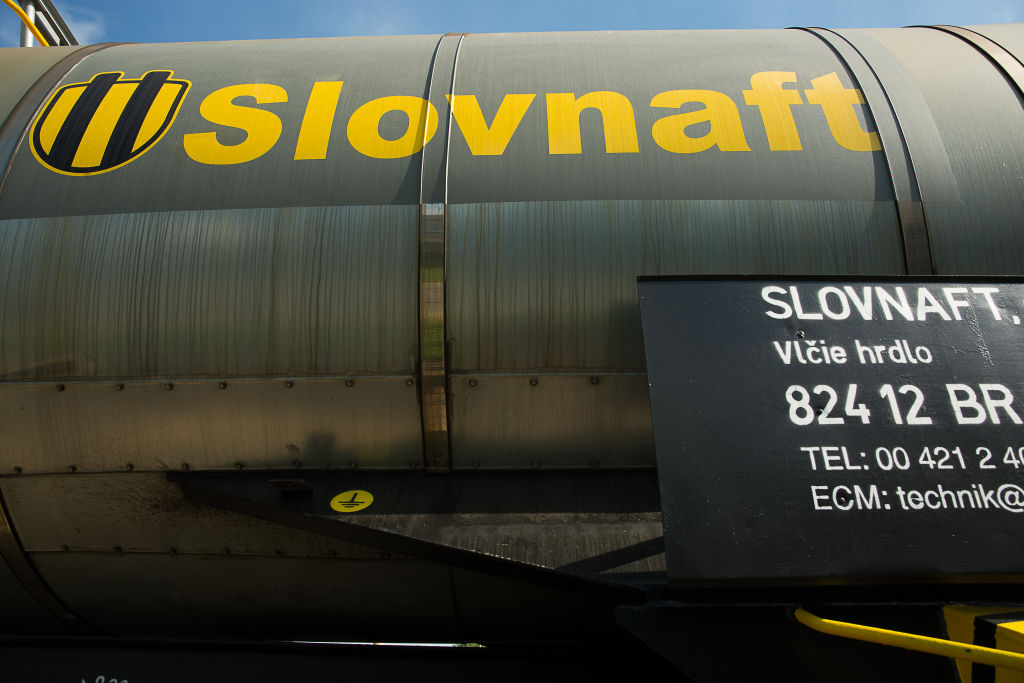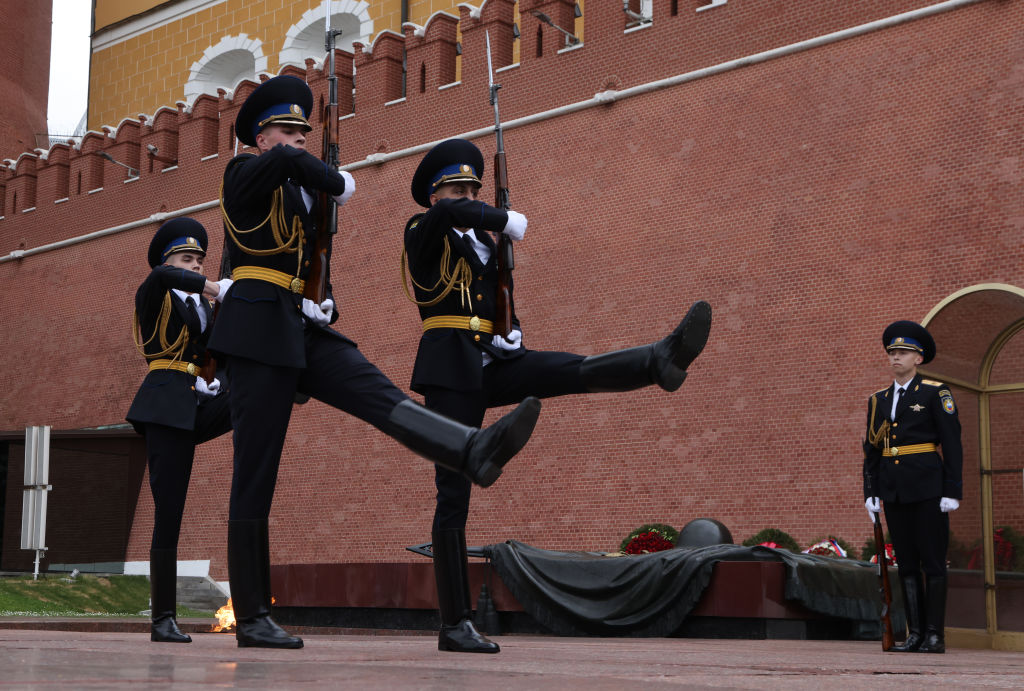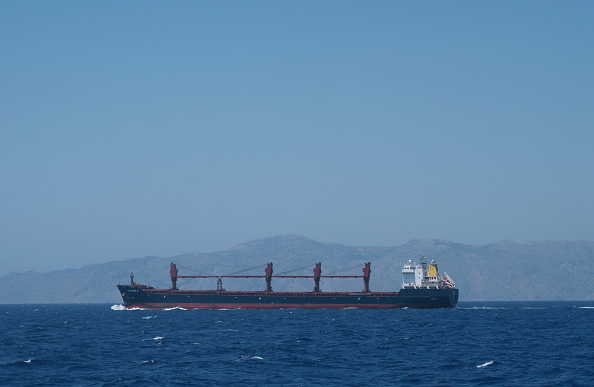Western shipowners have earned billions by selling tankers to Russia’s shadow fleet, helping Moscow circumvent European Union sanctions and keep its war economy afloat, it has been claimed.
An investigation by an investigative Dutch-based news outlet Follow the Money (FTM), published on February 4, exposed how these deals have enabled Western companies to earn around €6 billion.
Despite long-standing EU sanctions against Russia, more than a third of the tankers carrying Russian crude oil today are of Western origin, with 230 of them from the US and Europe.
Belgian shipping giant CMB Tech (formerly Euronav), earned $135 million worth of vessels to the Russian network, according to FTM.
Private companies are not the only ones benefiting from selling to Russia. European countries such as Greece, benefit heavily from this market and the shipping industry, the outlet said.
Greece depends on the shipping industry as it represents around 8 per cent of the nation’s economy and the report revealed that it, alongside other maritime countries such as Malta and Cyprus, opposed tighter restrictions on the shipping industry.
In 2023, they opposed an EU proposal forcing ship owners to include in the contract for sale that the tanker should never be used to ship Russian oil.
Indeed, the largest part of Russia’s Western-owned tankers shadow fleet comes from Greece, with about 55 per cent part of the fleet previously owned by Greek companies.
Greek ship owners, whose tankers often fly foreign flags, are believed to have been facilitating the transport of Russian crude oil and refined-petroleum products. https://t.co/R13hmBJwqn
— Brussels Signal (@brusselssignal) January 12, 2024
It is not just about European and Western ships, Ukrainians and European recruitment agencies are also supplying crews, ensuring Russia’s oil trade stays afloat, FTM said.
Oil is an important economic asset for Russia. According to the Oxford Institute of Energy, its oil revenue accounted for 30 to 50 per cent of total federal budget revenues over the past decade.
Following Moscow’s invasion of Ukraine in 2022, the EU imposed sanctions on the country in an attempt to impede its oil industry and trade. In 2023, the bloc banned the direct sale of ships to Russia.
Yet trade has not stopped. EU companies exploited legal loopholes by selling vessels to intermediaries in India, Seychelles and Vietnam, FTM stated.
In a report published on October 2024, the Kyiv School of Economics revealed that the volume of Russian oil transported by shadow tankers “has risen consistently, reaching 4.1 million barrels per day in June 2024”.
It also argued that the shadow fleet helped Russia circumvent the G7+ oil price cap.
“The shadow fleet enables Russia to circumvent the G7+ oil price cap. While the investment has been considerable, the strategy has significantly reduced the sanctions regime’s leverage,” the authors wrote.
“The build-up of the shadow fleet, thus, threatens the leverage of the oil sanctions regime in a fundamental way,” they added.
Beyond helping Russian President Vladimir Putin’s war effort and war economy, these sales have posed another threat: An environmental catastrophe, experts said.
That was because the tankers sold by EU and US companies via third countries were often old and weakened by poor maintenance, increasing the risk of accidents, oil spills and environmental disasters.





